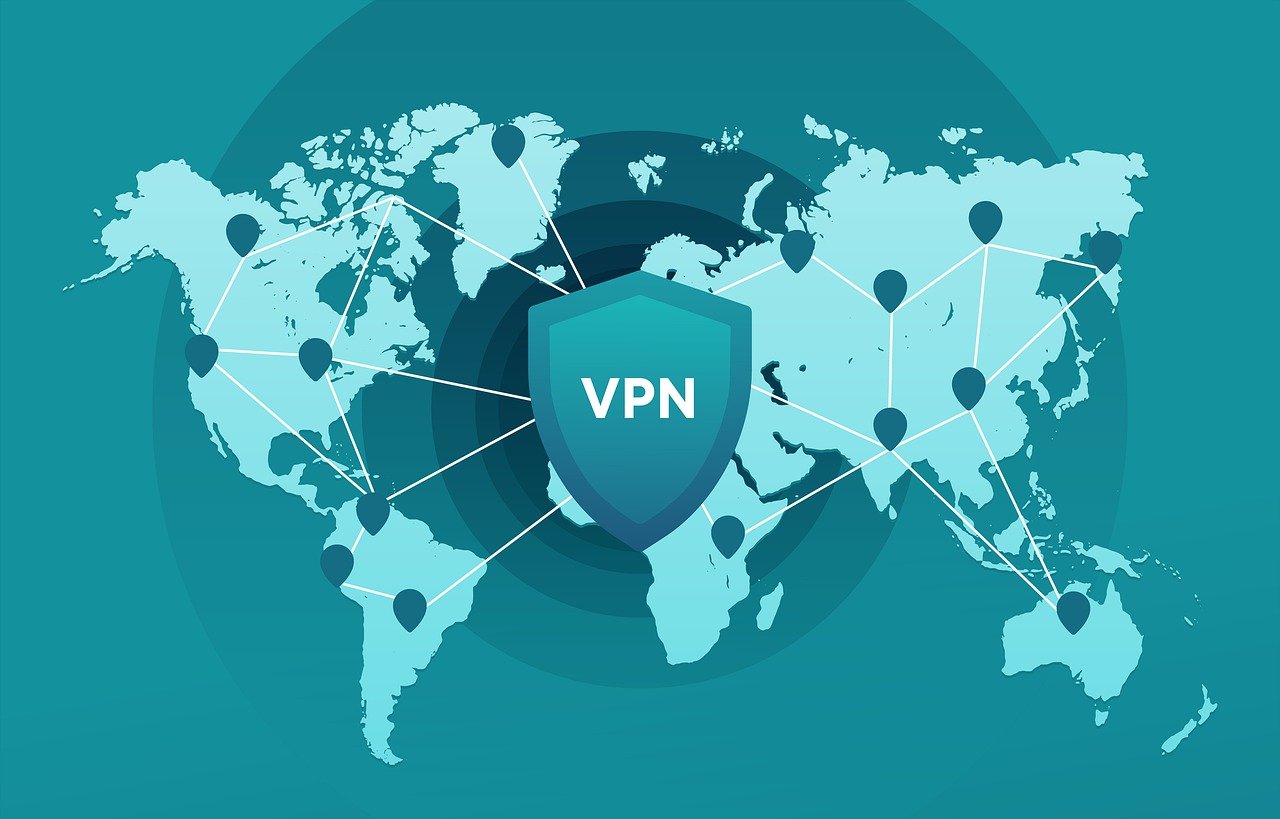In an evolving digital landscape, the role of data privacy in modern business strategy has transcended legal requirement to become a pivotal element defining competitive advantage and consumer trust. Leading corporations like Apple, Microsoft, Google, and Amazon Web Services have positioned data privacy at the heart of their operational ethos, recognizing its capacity to foster loyalty and secure a resilient reputation amid escalating cyber threats. As businesses grapple with intricate regulatory frameworks such as GDPR and the California Consumer Privacy Act, integrating robust privacy measures is not merely compliance but a strategic imperative that shapes customer engagement and organizational sustainability.
This article examines the multifaceted impact of data privacy on business strategies, illuminating how privacy considerations permeate operational decisions, AI deployment, and customer relationship management. We explore the necessity of transparency, the adoption of responsible AI frameworks promoted by organizations like IBM and Palantir Technologies, and the increasing calls for accountability pioneered by thought leaders in the sector. Against a backdrop of growing consumer awareness and sophisticated data misuse tactics, we delve into how businesses can transform privacy from a regulatory burden into an opportunity to lead in ethical innovation, leveraging the trust economy for tangible growth. The insights herein are essential for executives, strategists, and digital marketers aiming to navigate the complex privacy terrain with confidence and foresight.
Understanding the Strategic Importance of Data Privacy in Business Today
Data privacy has evolved from a peripheral IT concern to a central strategic pillar influencing brand perception, customer loyalty, and regulatory compliance. Corporations like Salesforce and Cisco have integrated privacy safeguards within their enterprise architectures, realizing that consumers regard their personal data as an extension of their identity. Over 70% of consumers expect transparency and control over their information—a statistic that enterprises ignore at their peril.
Businesses that embrace data privacy strategically reap multiple benefits:
- Customer Trust and Retention: Transparent practices engender trust, leading to higher customer retention rates and lifetime value.
- Regulatory Compliance and Risk Management: Adherence to laws like GDPR and evolving state privacy regulations mitigates risk of fines and legal disputes.
- Brand Differentiation: Proactive data protection can distinguish companies in competitive markets crowded with privacy scandals.
- Innovation Enablement: Secure and ethical data use frameworks facilitate innovations in AI and personalization without compromising rights.
Consider Apple’s rigorous privacy policies, which have become a competitive asset, especially as consumers seek alternatives to invasive data practices. Similarly, DuckDuckGo’s commitment to private browsing has carved a niche with privacy-conscious users. The strategic imperative is clear: data privacy is no longer optional but central to sustained business success.
| Key Business Outcomes | Impact of Prioritizing Data Privacy |
|---|---|
| Customer Loyalty | Increased retention and trust resulting in revenue growth |
| Legal Compliance | Reduced risk of fines and sanctions under GDPR, CCPA |
| Brand Reputation | Enhanced public image and competitive differentiation |
| Data-Driven Innovation | Supports ethical AI and personalization initiatives |

Comprehensive Overview of Data Privacy Regulations Affecting Businesses in 2025
The regulatory environment around data privacy has grown increasingly complex, with comprehensive frameworks that businesses worldwide must navigate. In 2025, key regulations include:
- General Data Protection Regulation (GDPR): Enforced across the European Union, GDPR remains the benchmark for stringent data protection, requiring lawful processing, explicit consent, and extensive user rights. Violations can result in fines soaring up to €20 million or 4% of a company’s global turnover, emphasizing its impact on global operations.
- California Consumer Privacy Act (CCPA): This law grants California residents new rights about their personal data, including the right to access, delete, and opt out of the sale of data. As a result, businesses must augment data governance and transparency on a state and potentially national scale.
- New State and International Privacy Laws: Besides Virginia and Colorado’s frameworks, emerging legislation worldwide requires companies to remain vigilant and agile. This includes regulations around AI data practices, an area where companies like Meta and IBM lead discussions.
Outlined below is a comparative snapshot of data privacy regulations significant for businesses across different regions:
| Regulation | Region | Key Provisions | Penalties for Non-Compliance |
|---|---|---|---|
| GDPR | European Union | Data subject rights, strict consent, data breach notifications | Up to €20 million or 4% global turnover |
| CCPA | California, USA | Right to access, delete, opt-out of data sale | Up to $7,500 per intentional violation |
| Virginia Consumer Data Protection Act | Virginia, USA | Consumer rights similar to CCPA, with broad scope | Enforcement by state attorney general |
Businesses looking to gain a deeper understanding of emerging privacy trends can explore resources such as essential legal documents for startups or use the IAPP website for regulatory updates. Staying ahead of these statutes is critical to avoid hefty fines and to build operational resilience.
Frameworks and Tools for Building Robust Data Privacy Practices
Implementing a comprehensive data privacy framework requires organizational alignment supported by advanced tools. Companies including Salesforce and Cisco have integrated systems that balance compliance, user consent, and security.
Key Components of a Data Privacy Framework
- Data Mapping and Inventory: Identifying, categorizing, and locating consumer data across platforms to understand risk exposure.
- User Consent Management: Deploying transparent consent mechanisms that allow end-users control over their personal information.
- Data Security Measures: Utilizing encryption, multi-factor authentication, access controls, and regular security audits to protect data integrity.
- Incident Response and Continuous Improvement: Preparing and testing breach response strategies coupled with iterative policy evaluations.
For example, implementing encryption standards recommended by Amazon Web Services ensures data protection across cloud infrastructures. Similarly, password management utilities, such as LastPass and 1Password, provide essential additional layers of security endorsed by industry leaders.
| Data Privacy Practice | Purpose | Business Impact |
|---|---|---|
| Data Mapping | Visibility into data lifecycle and vulnerabilities | Enhanced risk management and regulatory readiness |
| Consent Management | User control over data processing | Improved trust and compliance with laws like GDPR |
| Security Controls | Protection against breaches and data leaks | Reduced loss from cyber incidents and enhanced reputation |
| Incident Response | Mitigation and rapid recovery from data breaches | Minimized systemic and financial damage |
More detailed implementation strategies are available for businesses transitioning leadership roles in privacy through effective delegation techniques.

Leveraging Transparency and Ethical AI for Enhanced Data Privacy
Leading technology firms like IBM, Palantir Technologies, and Meta emphasize the integration of transparency and ethical AI to tackle privacy challenges in data-driven business strategies. Ethical AI raises questions of “Should we?” related to respecting individual dignity and avoiding biases, while responsible AI focuses on “How do we manage it?” by ensuring secure, fair operations.
- Ethical AI Practices: Involving diverse stakeholders during AI model design to address inclusiveness and mitigate risks such as population misclassification.
- Responsible AI Governance: Enforcing data minimization, role-based access controls, and clear audit trails to prevent unauthorized data exposure.
- Informed Consent: Clearly communicating data usage in AI applications to avoid buried consent that can damage brand trust and invite penalties.
Ignoring these principles risks turning AI into a corporate liability rather than an asset, exposing companies to reputational damage and regulatory scrutiny. A PwC study highlights that 85% of consumers trust companies that commit to ethical AI; meanwhile, Deloitte reports a nearly 5% revenue growth uplift for firms with mature AI governance.
| AI Governance Aspect | Description | Business Benefit |
|---|---|---|
| Ethical AI | Embedding fairness and dignity in AI design phases | Reduces public backlash and enhances market acceptance |
| Responsible AI | Operational controls like access restrictions and auditing | Ensures compliance and mitigates data breach risks |
| Informed Consent | Clear, accessible communication concerning data use | Builds stronger customer relationships and trust |
Continuous Monitoring and Future-Proofing Data Privacy Strategies
In 2025, maintaining effective data privacy protocols requires ongoing vigilance and adaptation. Businesses like Microsoft and Google leverage continuous monitoring to adjust policies dynamically and respond to emergent threats.
Important components include:
- Routine Data Privacy Audits: Systematic reviews identify gaps and provide metrics for compliance improvement.
- Staff Training: Regular educational initiatives ensure that employees understand evolving privacy responsibilities and avoid inadvertent breaches.
- Robust Incident Response Plans: Preparedness for rapid reaction limits damages from potential data breaches, reinforcing customer confidence.
- Technology Assessment: Periodically evaluating tools, especially those handling sensitive data, to avoid unintentional leaks, a vital concern linked to platforms using AI.
Addressing data privacy as a living challenge fosters resilience and positions organizations ahead of regulatory and market expectations. Cybersecurity firms specializing in digital risk reduction can be integral partners in this journey.
| Ongoing Strategy | Key Actions | Expected Outcomes |
|---|---|---|
| Audits | Periodic compliance and risk assessments | Proactive identification and closure of data privacy gaps |
| Training | Education on privacy policies and incident protocols | Empowered workforce reducing internal threats |
| Incident Response | Defined breach containment and communication procedures | Minimized operational disruption and reputational damage |
| Tool Evaluation | Continuous review of data tools’ privacy impact | Prevention of unintentional data exposure |

Frequently Asked Questions About Data Privacy in Modern Business Strategy
- Why is data privacy critical for businesses beyond legal compliance?
Beyond avoiding fines, data privacy builds customer trust, enhances brand reputation, and enables innovation through secure data usage.
- How do evolving privacy laws impact business operations?
New regulations require updating data governance frameworks and adapting consent mechanisms to maintain compliance and customer confidence.
- What role does ethical AI play in data privacy?
Ethical AI ensures AI systems respect user rights and operate transparently, minimizing risks of bias and misuse of personal data.
- How can businesses effectively manage consent in data collection?
Through clear, transparent communication and user-friendly consent management platforms, allowing consumers easy control over their data.
- What are the best practices for continuous improvement in data privacy?
Regular audits, employee training, incident planning, and technology reviews keep organizations prepared for emerging data privacy challenges.


